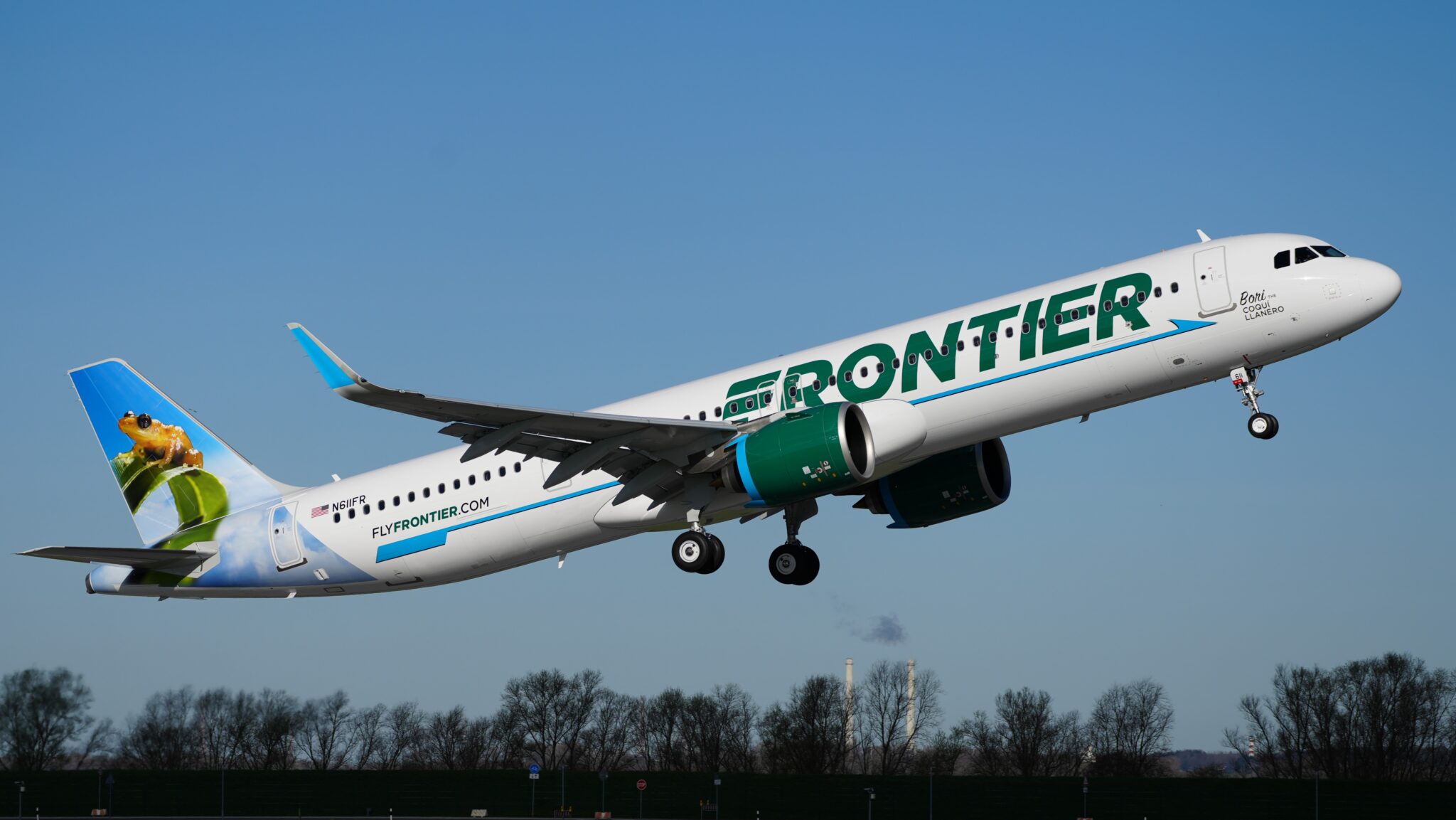
Gurtaran Johal is a student at Harvard Law School.
In today’s news and commentary, the Supreme Court lifts a federal trial court order that allowed Venezuelans to keep their Temporary Protected Status; a federal judge permits customer service agents from Frontier Airlines Inc. and Menzies Aviation to pursue litigation rather than endure arbitration over a wage dispute; and NLRB prosecutors limit when they seek consequential remedies for labor violations.
On May 19th, the Supreme Court lifted a federal trial court order that allowed Venezuelan migrants to keep their Temporary Protected Status (TPS). This decision came after the Trump administration filed an emergency application with the Court. TPS is a form of relief that protects immigrants who come from home countries that are unsafe. By lifting this order, the Court granted the Trump administration the ability to terminate TPS for approximately 350,000 Venezuelans. Previously, TPS holders were eligible to receive work authorization for up to 18 months. However, the Court’s ruling creates significant uncertainty among Venezuelan immigrants regarding their status, as the Court’s order fails to explain the immediate consequences of the decision.
Meanwhile, Judge Shane Kato Crews of the U.S. District Court for the District of Colorado held that customer service agents working for Frontier Airlines Inc. and Menzies Aviation do not have to arbitrate their wage claims and can pursue litigation instead. The customer service agents sued Frontier Airlines and Menzies Aviation for deducting time from lunch breaks never taken, making the employees work through breaks, and failing to pay overtime or commissions. The two companies wanted to settle the dispute through arbitration, but the workers fell under the transportation worker exemption of the Federal Arbitration Act (FAA). The transportation worker exemption covers employment contracts of workers engaged in foreign or interstate commerce. Judge Crews decided that although the workers did not physically load and unload the airplanes, their work at the ticket counters to lift, weigh, inspect, and tag the luggage was a “direct and necessary” part of ensuring the luggage reached the airplane. Thus, the companies could not compel arbitration.
Lastly, Acting General Counsel William Cowen, in a memo, stated that regional NLRB officials should not demand that employers provide downstream damages for the impacts of unfair labor practices in all cases. Rather, the remedy should be limited to cases involving “widespread, egregious, or severe misconduct.” The memo also provided guidelines on how settlement agreements should be drafted. In particular, Cowen notes that non-admissions clauses may be included in certain settlement agreements. Moreover, Cowen contends that regional officials should focus on addressing “foreseeable harms” caused by unfair labor practices, a goal that significantly moves away from the Biden Administration’s objective to make workers whole.






Daily News & Commentary
Start your day with our roundup of the latest labor developments. See all
February 16
BLS releases jobs data; ILO hosts conference on child labor.
February 15
The Office of Personnel Management directs federal agencies to terminate their collective bargaining agreements, and Indian farmworkers engage in a one-day strike to protest a trade deal with the United States.
February 13
Sex workers in Nevada fight to become the nation’s first to unionize; industry groups push NLRB to establish a more business-friendly test for independent contractor status; and UFCW launches an anti-AI price setting in grocery store campaign.
February 12
Teamsters sue UPS over buyout program; flight attendants and pilots call for leadership change at American Airlines; and Argentina considers major labor reforms despite forceful opposition.
February 11
Hollywood begins negotiations for a new labor agreement with writers and actors; the EEOC launches an investigation into Nike’s DEI programs and potential discrimination against white workers; and Mayor Mamdani circulates a memo regarding the city’s Economic Development Corporation.
February 10
San Francisco teachers walk out; NLRB reverses course on SpaceX; NYC nurses secure tentative agreements.